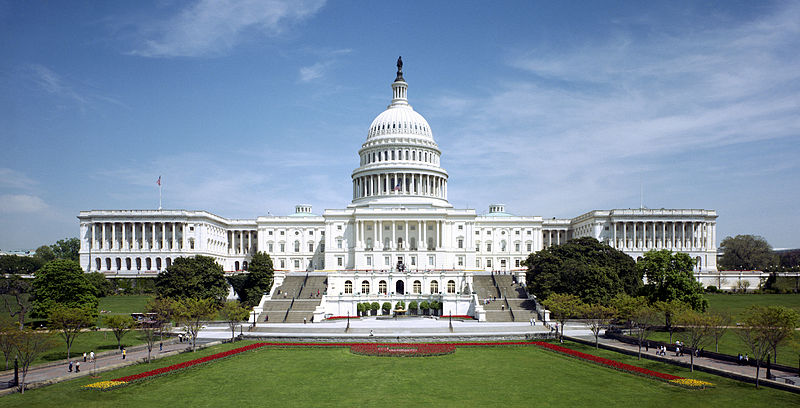Senators introduce bill to strengthen FOIA

On July 23, Sen. Chuck Grassley (R-Iowa) introduced the Open and Responsive Government Act (S. 2220), which would restore the public’s right to access confidential commercial information through the Freedom of Information Act. Sens. Patrick Leahy (D-Vt.), John Cornyn (R-Texas), and Dianne Feinstein (D-Calif.) co-sponsored the bill.
For decades, government agencies could withhold information obtained from businesses and claimed as “confidential” only if disclosure resulted in “substantial competitive harm,” known as the National Parks standard. Last month, however, the U.S. Supreme Court struck down that balancing test. In Food Marketing Institute v. Argus Leader Media, the court decided that “confidential” means information that is “customarily and actually treated as private by its owner and provided to the government under an assurance of privacy.” Under this decision, agencies no longer assess whether disclosure would create “substantial harm” to the competitive position of the private entity that submitted the information. In practice, the court has made it far easier for private entities to shield information of profound public interest, such as a database of consumer product complaints, sources of food-borne illness outbreaks, or drug pricing information.
The Open and Responsive Government Act reinstates the “substantial competitive harm” standard that existed before the Argus Leader decision.
“This balanced and bipartisan bill responds to recent court rulings and regulatory actions, restoring pro-transparency principles and making crystal clear where Congress stands on the public’s right to know,” Grassley explained.
“Companies shouldn’t be allowed to hide information about how they’re spending federal funds or using federal property,” Feinstein added.
Reflecting on the larger importance of FOIA, Cornyn noted that “updates like this must be made to FOIA to improve compliance and ensure Americans can continue to hold those who represent them accountable.” The bill text reinforces FOIA’s presumption of openness and transparency by making clear that any information that does not fall into FOIA’s nine exemptions should be made public. Leahy echoed this principle, stating that “protecting the American people’s right to access information from and about their government – a fundamental right in any self-governed society – is a longstanding, bipartisan priority.”
The introduction of the bill comes just one day after Sens. Grassley, Leahy, Cornyn, and Feinstein sent a bipartisan letter to Environmental Protection Agency Administrator Andrew Wheeler. The letter raised serious concerns with EPA’s recent “FOIA Regulations Update” final rule, which did not go through a public comment period. On July 9, the Reporters Committee submitted a letter on behalf of 38 media organizations that argued against the new “rule.”
The Reporters Committee regularly files friend-of-the-court briefs and its attorneys represent journalists and news organizations pro bono in court cases that involve First Amendment freedoms, the newsgathering rights of journalists and access to public information. Stay up-to-date on our work by signing up for our monthly newsletter and following us on Twitter or Instagram.